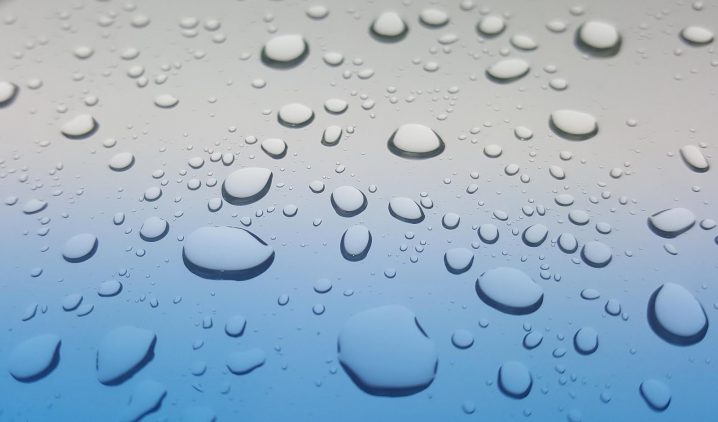There are many benefits that come with using a water softener. But not everyone needs a water softener in their home. If you’re questioning whether or not you need one, you should find out the five signs you need a water softener.

1. You Have Scale on Your Appliances
Have you noticed mineral deposits building up on your appliances? If so, you could have hard water. The scale isn’t only unsightly. It can also cause problems. For instance, the scale could break your coffee maker and your dishwasher.
A water softener could prevent the chalky substance from building up on your expensive appliances. This extends their lifespan and saves you money.
2. You Have Dry Skin and Hair
If a shower leaves you feeling dry and flaky, you could have hard water. Hard water contains calcium and magnesium salts. Instead of nourishing your skin, the water and soap just dry it out.
Your soap and shampoo can’t fight the minerals. After your shower, you might notice a residue on your skin. This residue can block your pores and cause increased inflammation and blackheads.
3. Your Clothes are Lackluster
Although clothes don’t last as long as they used to, they should be able to come out of the washing machine looking clean. But you might notice that your clothes look faded after only one wash. They might also feel scratchy.
If this happens to you on a frequent basis, you could benefit from a water softener. Because the minerals affect the laundry detergent, the hard water does not make it easy to wash your clothes. If you don’t get a water softener, you may need a special washing machine or a certain type of detergent.
4. There are Stains on Your Sinks and Tubs
It’s not normal for water to leave stains on your sinks and bathtubs unless you have hard water. The minerals in the water remain on your sinks and tubs when water evaporates. While there are ways to remove these stains, they are difficult to remove.
If you get softer water, you won’t need to deal with unsightly rings. Then, you can limit the time you spend on scrubbing minerals from your sinks and tubs.
5. You Have Frequent Plumbing Issues
Hard water can negatively affect your plumbing. Think about the scale it leaves behind on your appliances and sinks. Then, imagine what that can do to your plumbing.
Steel pipes are particularly vulnerable to hard water. As limescale builds up in your pipes, the water stops flowing well. Over time, the build-up gets bigger and bigger.
If you notice frequent issues with your plumbing, the culprit could be hard water. The best way to prevent future plumbing problems is to use a water softener.
Getting the Answers You Need
If you still question whether or not you need a water softener, you should contact an experienced plumber. They can work with you to determine whether or not you have hard water. Then, they can explain your options for softening your water.
There are varying levels of water hardness. Therefore, it’s important to choose a water softener that can meet your needs. A softener takes the calcium and magnesium ions out of your water by exchanging them with sodium or potassium. By having softer water, you can prevent plumbing clogs, increase the life of your appliances, and prevent dry skin and hair.



